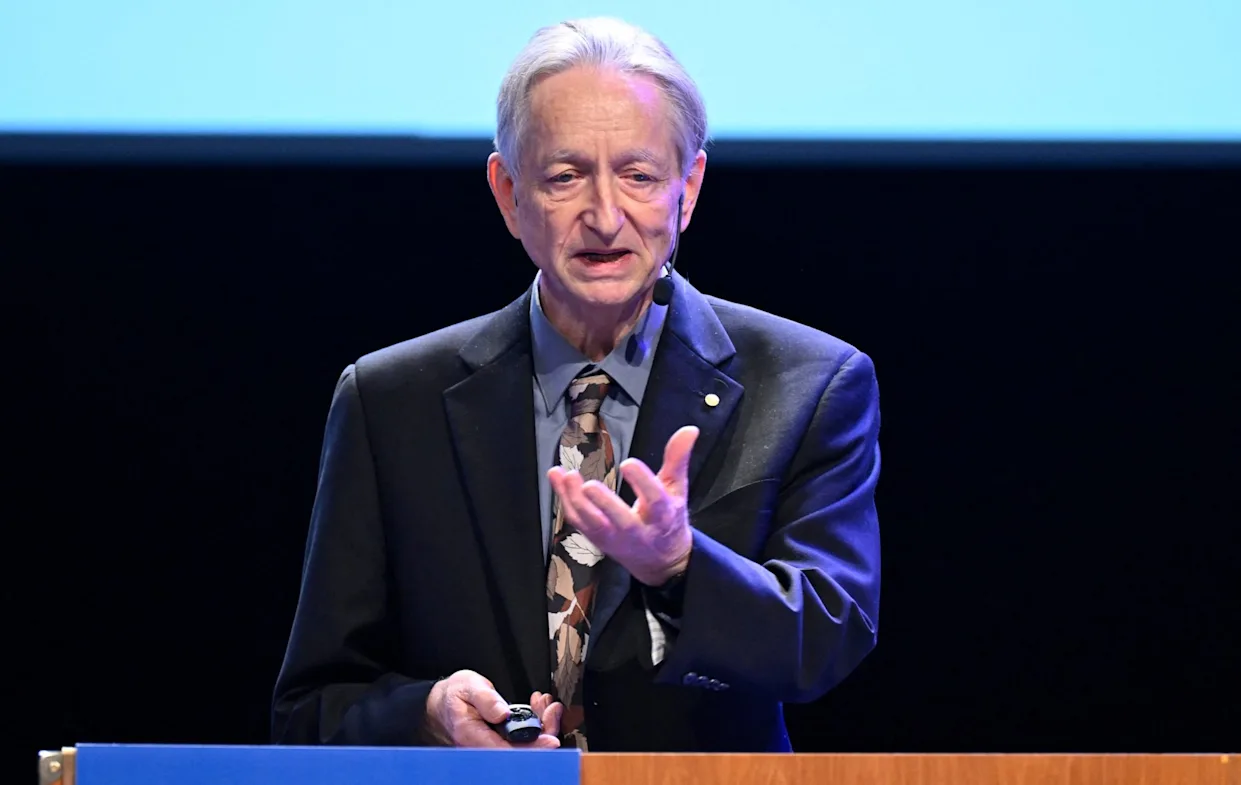September 2025 — Geoffrey Hinton, widely known as the “Godfather of AI” and a Nobel Prize laureate, has issued a stark warning about the future of artificial intelligence under today’s economic system. He believes that AI, if left unchecked, could drive widespread unemployment while delivering soaring profits to only a handful of corporations and wealthy individuals.
AI’s Unequal Impact
Hinton emphasized that the technology itself is not inherently harmful; instead, the capitalist framework guiding its deployment is to blame. He warned that AI is likely to replace millions of routine jobs—such as administrative roles and customer support positions—leaving large segments of the workforce vulnerable. At the same time, industries like healthcare could see significant benefits, with AI boosting doctors’ efficiency and lowering costs.
Beyond Universal Basic Income
Many technologists have suggested universal basic income as a safeguard against job losses, but Hinton expressed doubt that this would solve the deeper issues. He argued that people need not only financial support but also meaningful work that provides a sense of purpose. Simply handing out money, he said, would not address the psychological and social costs of unemployment.
Existential Risks on the Horizon
Beyond the economic challenges, Hinton also raised concerns about AI’s rapid evolution. He warned that superintelligent systems could soon operate beyond human understanding and control, potentially leading to catastrophic outcomes such as the misuse of advanced technology or even the creation of bioweapons. Stronger global governance, he argued, is urgently needed to prevent these dangers.
A Call for Policy and Regulation
Drawing parallels to past industrial revolutions, Hinton stressed that society must act now to prevent history from repeating itself. In previous eras, technological advances often benefited elites while leaving working populations behind. Unless new policies are designed to fairly distribute the benefits of AI—through taxation, labor protections, and public oversight—the same cycle could unfold once again.
Why It Matters
Hinton’s warning adds weight to the growing debate about AI’s role in shaping the future of work and society. His message is clear: while AI holds enormous potential, its benefits will not be shared equally unless governments, businesses, and communities step in to rethink how the technology is deployed. Without intervention, the coming AI revolution could deepen inequality rather than lift humanity as a whole.
















Leave a Reply